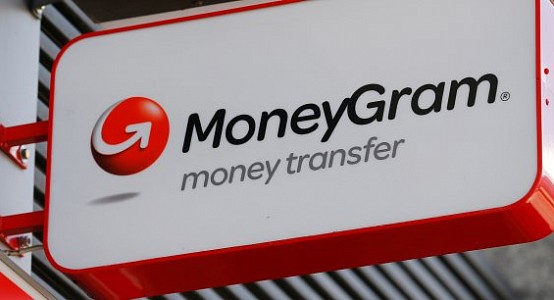US blocked sale of MoneyGram to China’s Ant Financial

Almaty. January 3. Silkroadnews - The U.S. blocked sale of MoneyGram to China’s Ant Financial, ABS-CBN reported.
“A US government panel rejected Ant Financial’s acquisition of MoneyGram International Inc over national security concerns, the most high-profile Chinese deal to be torpedoed under the administration of US President Donald Trump”, the report said.
The collapse of the $1.2 billion deal was a blow to Jack Ma, head of the Chinese Internet conglomerate Alibaba Group Holding Ltd, who owns Ant Financial along with Alibaba executives. He sought to expand the coverage of Ant Financial amid fierce domestic competition from the payment platform WeChat, owned by its Chinese rival Tencent Holdings Ltd.
At a meeting a year ago Ma promised Trump that he would create 1 million jobs for Americans.
The shares of MoneyGram decreased 8.5% and reached $12.06. The companies decided to terminate the deal after the Committee on Foreign Investment in the United States (CFIUS) rejected their proposals “to mitigate concerns over the safety of data that can be used to identify US citizens”.
“Despite our best efforts to work cooperatively with the US government, it has now become clear that CFIUS will not approve this merger,” Alex Holmes, Chief Executive of MoneyGram, said in his statement.
According to publication, a standard CFIUS review lasts up to 75 days, and the companies had gone through the process three times in order to address concerns. Additional security measures and protocols that the companies suggested failed to reassure CFIUS.
The U.S. government has tightened its position on selling companies to Chinese organizations at a time when Trump is trying to put pressure on China to influence North Korea and its nuclear ambitions.
The MoneyGram deal is the latest in China’s series of attempts to acquire the U.S. companies blocked by CFIUS. They include an attempt by the Chinese private equity fund Canyon Bridge Capital Partners LLC to acquire the U.S. chip manufacturer Lattice Semiconductor Corp for $1.3 billion, an attempt by China Oceanwide Holdings Group Co Ltd to purchase the American life insurance company Genworth Financial Inc for $2.7 billion and an attempt by the Chinese Orient Hontai Capital to acquire the U.S. mobile marketing company AppLovin for $1.4 billion.
Blocking the MoneyGram transaction is the latest example of how CFIUS’s attention to cybersecurity and integrity of personal data prompts it to block deals in sectors that are not traditionally associated with national security, such as financial services.
Ant Financial and MoneyGram announced they will now explore and develop initiatives to work together in the field of money transfers and digital payments in China, India, the Philippines and other Asian markets, as well as in the United States. This cooperation will be carried out in the form of commercial agreements.
“What is more likely to happen at this point is that MoneyGram will sell to another company, and one company that has shown interest in the past is Euronet,” said Gil Luria, an equity analyst at D.A. Davidson & Co.
Ant Financial entered into a cash transaction, offering $18 per share to purchase MoneyGram in April, bypassing the U.S.-based company Euronet Worldwide Inc, which had also made a proposal for MoneyGram, and then openly stated that Ant’s proposal had created a risk to the U.S. national security.
The representative of Euronet did not answer the question whether Euronet would return with a new offer to MoneyGram.
Ant Financial said it paid MoneyGram a commission fee of $30 million for the failure of the deal.


